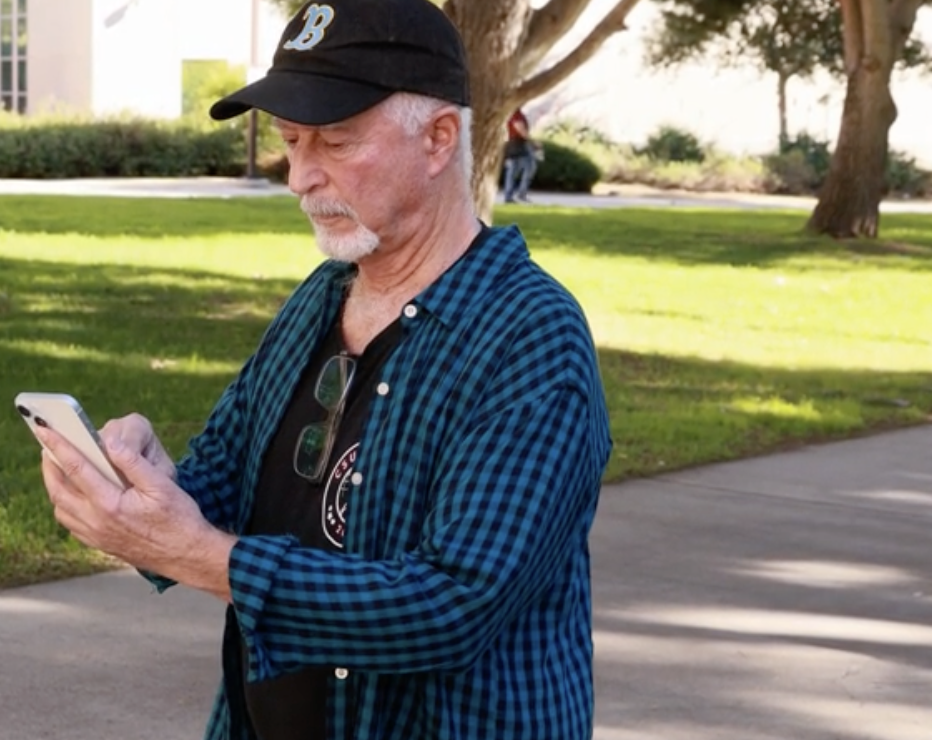For workers who lost their jobs or had hours cut during the pandemic, it might be tempting to reach into their retirement funds to help pay the bills.
Borrowing or taking from your nest egg is easier than ever. The CARES Act changed the rules for accounts like 401(k), 403(b), and certain IRAs.
Through December 31, qualified workers can withdraw up to $100,000 without paying the usual penalty.
Fidelity Investments tells NBC Bay Area more than 373,000 of its clients have done just that since April 1, taking an average of $12,900.
However, while there's no penalty fee, the withdrawals -- also called "distributions" -- are considered taxable income by the IRS and California Franchise Tax Board.
Phil Walker, a certified financial planner and Vice President with Fidelity in Marin County, says the taxes will take an even bigger bite out of your retirement, with long-term consequences.
"Small withdrawals from a retirement plan can have really substantial impacts over the long run," Walker said. "For example, if you were to need to net $15,000, and you were in the 37% tax bracket, you’d have to take out $23,810. If you were to instead to invest that money for 30 years, grown at six percent, it would actually grow to north of $136,000."
National Investigations
If you really need to make an early withdrawal, make sure your retirement plan has opted-in to the CARES Act provisions. Contact the plan administrator to learn more.
Also, the IRS says only people who have experienced "adverse financial consequences" are eligible for the penalty-free withdrawals. That includes layoffs, furloughs, reduced work hours, and hardships caused by quarantine.
Here are some additional resources to help you decide if an early withdrawal is right for you:


